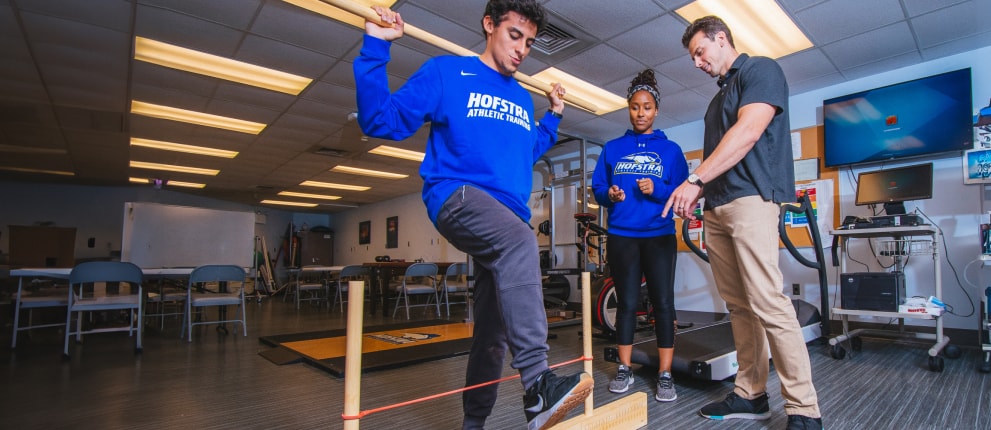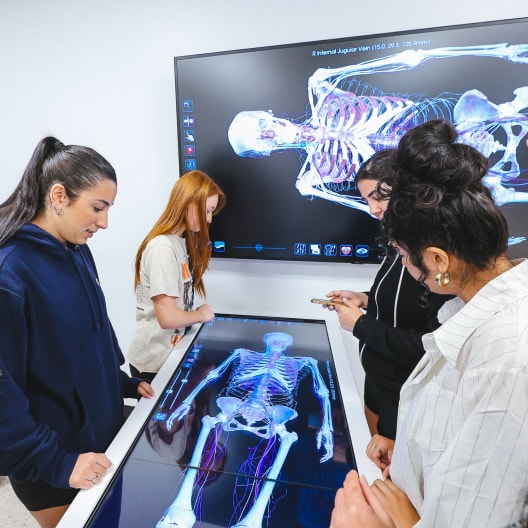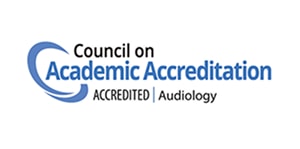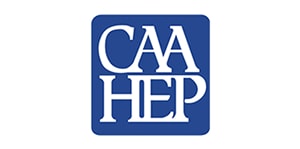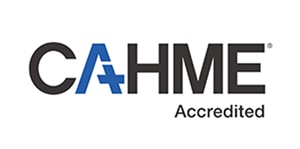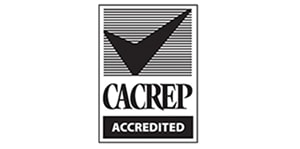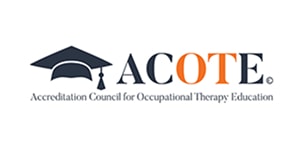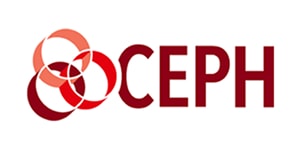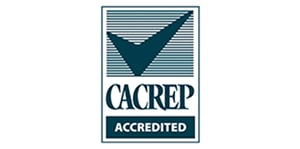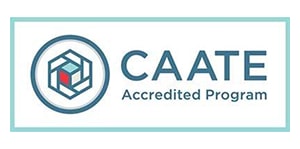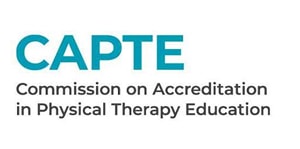SCHOOL OF HEALTH SCIENCES
Innovating Care, Shaping Health Futures
The Hofstra School of Health Sciences prepares students to lead in today’s dynamic health care environment through innovative, interdisciplinary education. With accredited programs, expert faculty, and a strong focus on health equity, students gain the knowledge and skills to promote wellness, prevent disease, and drive meaningful change in communities and health systems locally and globally.
Departments
Programs
Discover your area of interest or add to your expertise with a career-focused degree.
Undergraduate Programs
Build a strong foundation in the health sciences with undergraduate programs designed to prepare you for graduate study or direct entry into today’s evolving healthcare workforce.
Learn About Undergraduate ProgramsGraduate Programs
Advance your expertise and career potential with specialized graduate programs that blend academic rigor with hands-on learning in clinical and community settings.
Learn About Graduate ProgramsAccelerated Programs
Fast-track your career with intensive programs that combine efficiency with comprehensive education.
Learn About Accelerated ProgramsWellness and Exercise for Parkinson’s
Make a difference through our specialized programs that promote physical function and quality of life for patients with Parkinson’s.
Learn About Wellness and ExerciseLifelong Learning Lecture Series
The Lifelong Learning Lecture Series, hosted by the School of Health Sciences, is dedicated to fostering curiosity, community engagement, and intergenerational exchange through the pursuit of knowledge.
Learn About the Lifelong Learning Lecture SeriesHofstra University Health Works Co-op
The Health Works Co-op Program at Hofstra University is a paid, hands-on experience that connects students with leading healthcare and community-based organizations.
Learn About Hofstra University Health Works Co-opThe Latest
Contact Us
Office Information
Room 103 Hagedorn Hall
516-463-5301
Email
Social Media
Follow us on

Accreditations
Thirteen programs in the School of Health Sciences are either nationally accredited, professionally recognized, and/or have achieved accreditation candidacy.
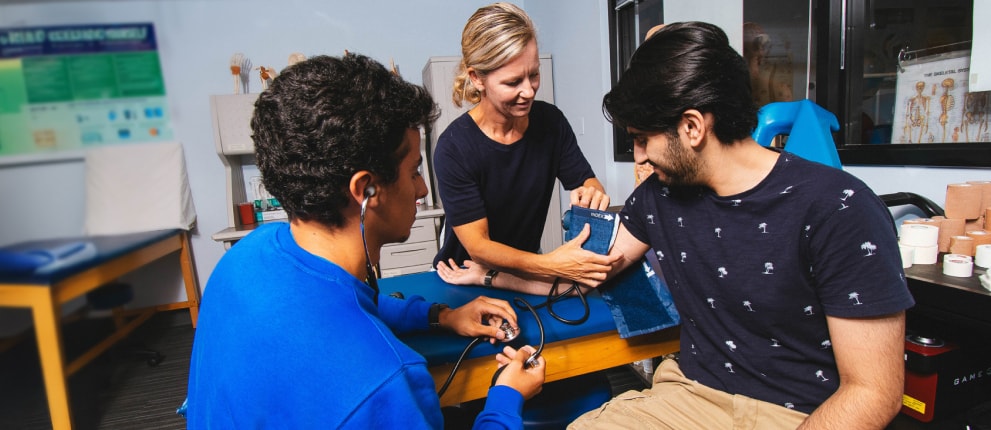
Prepare for a career where science, technology, and compassion come together to improve lives.






